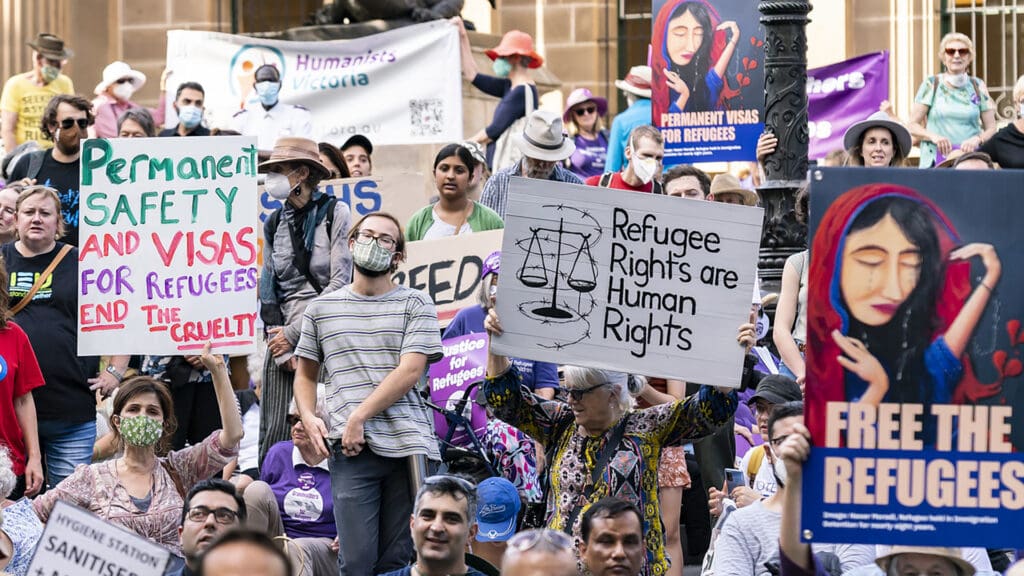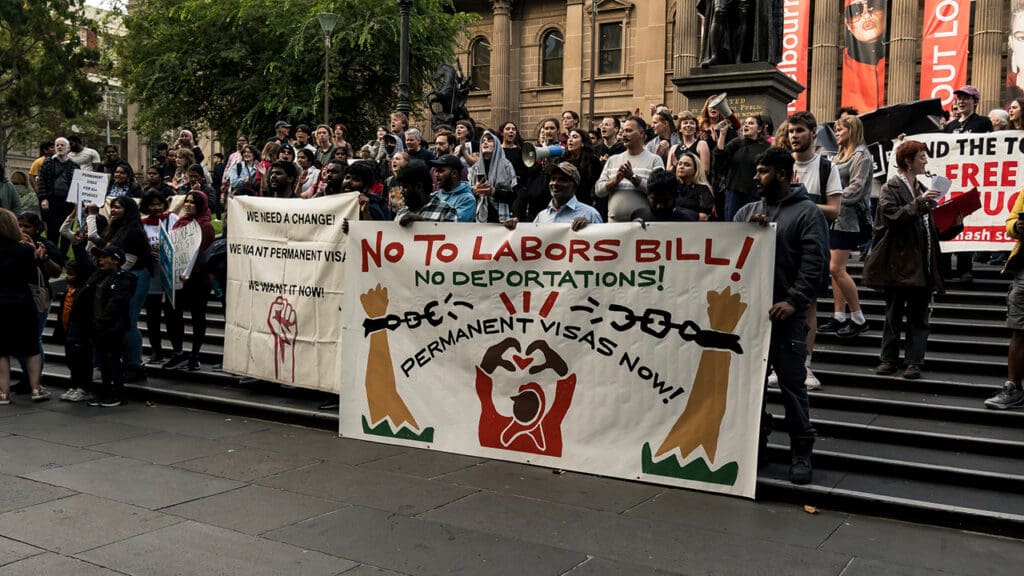Federal Court rules that Medevac assessments by Australian doctors must be considered by Minister
Yesterday, the Federal Court of Australia ruled that the Australian Government has to consider applications for refugees on Manus and Nauru made under the Medevac laws that are made in line with standard Australian medical practices.
In its findings, the Court noted expert opinion that medical professionals can evaluate a patient’s need for further assessment or treatment, without any personal engagement with the patient, on the basis of notes of other practitioners or information gathered from third parties.
Shortly after the Medevac laws passed, the Nauruan government passed legislation to ban doctors speaking with patients on Nauru for the purpose of medical assessment.
David Burke, a Senior Lawyer with the Human Rights Law Centre said:
“At every step of the way the Medevac bill was informed by Australian doctors and backed by the Australian Medical Association. The Court’s decisions shows that the Government has been unlawfully trying to prevent seriously ill people from accessing the Medevac Laws.”
The case involved a critically ill man on Nauru. In order to assess the man’s health, two independent doctors reviewed all available medical records including those from the Australian Government’s doctors on Nauru. Despite receiving detailed medical reports by the expert medical practitioners, the Home Affairs Secretary refused to notify the Minister of the application.
“The Australian Government has repeatedly tried to make it hard for sick people to access life saving medical care. The fact that we were forced to file in court yet again to allow a sick refugee medical treatment shows how important the Medevac Laws are. We need medical decisions to be made by doctors, not politicians and bureaucrats,” said Mr Burke.
“We argued that these Australian doctors’ medical assessments were valid under the legislation and the Court agreed. The Court’s findings reinforced how important this law is to ensure the Government could not block sick refugees requesting help for urgent medical care,” added Mr Burke.
Under the Medevac laws, the Secretary must notify the Minister for Home Affairs once two registered doctors have made valid recommendations for medical transfer. Once notified, the Minister can accept or reject the application for transfer. If the Minister rejects the transfer, the case is taken to the Government’s Independent Health Advice Panel. The Panel must clinically assess the person and make a medical recommendation to the Minister.
The Minister retains discretion to refuse Medevac applications on national security or character grounds in every case.
Media contact:
Michelle Bennett, Communications Director, Human Rights Law Centre, 0419 100 519

Albanese Government passes laws to pave the way for mass deportation of migrants and refugees
The Albanese Government has today rushed through new laws that strip people of their fundamental legal rights and protections and pave the way for the mass deportation of migrants and refugees.
Read more
High Court upholds visa cancellation as Nauru deportation fight continues
The High Court has today upheld the visa cancellation of a man who has been fighting the threat of permanent deportation to Nauru.
Read more
Statement on the neo-Nazi violence and racism on 31 August
The Human Rights Law Centre strongly condemns the neo-Nazi violence towards First Nations people and the racial vilification of migrant and refugee communities on 31 August.
Read more



